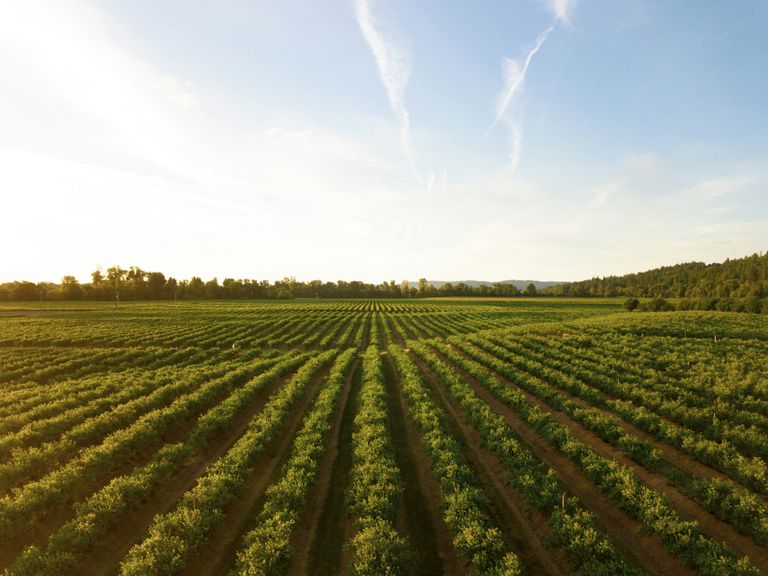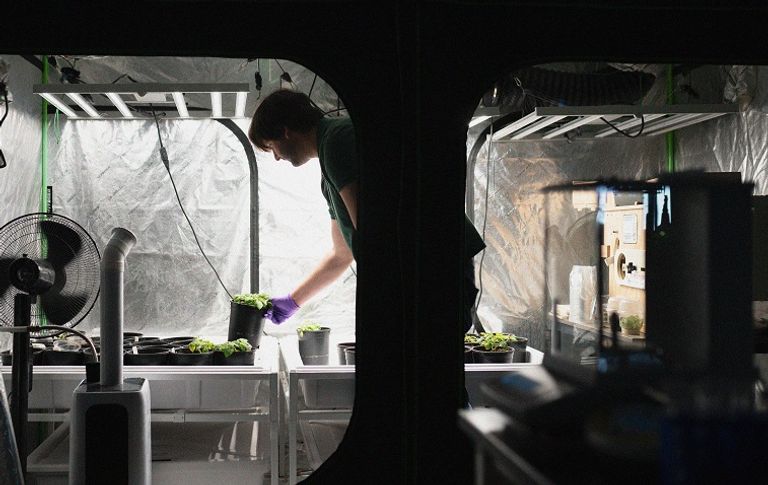Agreena

What they do & why Kinnevik is invested
Agreena mobilises farmers and corporates to unlock the value of regenerative agriculture, restore ecosystems and build a resilient food system. Its holistic platform is built on three pillars:
- Farmer engagement, providing essential financing, knowledge, and tools to support farmers’ regenerative transitions
- Scalable digital measurement, reporting and verification using satellite imagery, soil sampling and proprietary AI models to measure and verify carbon outcomes at scale
- Verified carbon data enabling credible sustainability claims and high-quality carbon credits, exemplified by the Radisson partnership enabling verified net zero hotels
By transforming farming practices, Agreena restores soil health, water quality and biodiversity while sequestering significant amounts of carbon. Soil carbon sequestration has the potential to remove 2-5 gigatons of CO2 annually by 2050, representing 5-10 percent of human-caused emissions.
Kinnevik views Agreena as pivotal in advancing the global transition to regenerative agriculture. Operating in a large, untapped market, Agreena delivers measurable climate benefits by empowering farmers to adopt regenerative practices at scale, creating transparent markets for carbon credits and supply chain data, and leveraging growing corporate and government commitments to lower emissions.
Key information
- Tech-enabled platform unlocking the value of regenerative agriculture through Europe’s leading soil carbon program
- Bridging the gap between the transition to sustainable farming practices and achieving corporate sustainability goals
- Partnering with over 2,300 farmers across 4.5 million hectares in 20 markets
News in the quarter
- The AgreenaCarbon Project achieved Verra verification, becoming the world’s largest Verra-verified soil carbon project and the first of its kind in Europe
- Issued 2.3 million verified carbon credits, delivering the first large-scale wave of high-quality soil carbon credits to market and creating immediate, measurable climate impact





